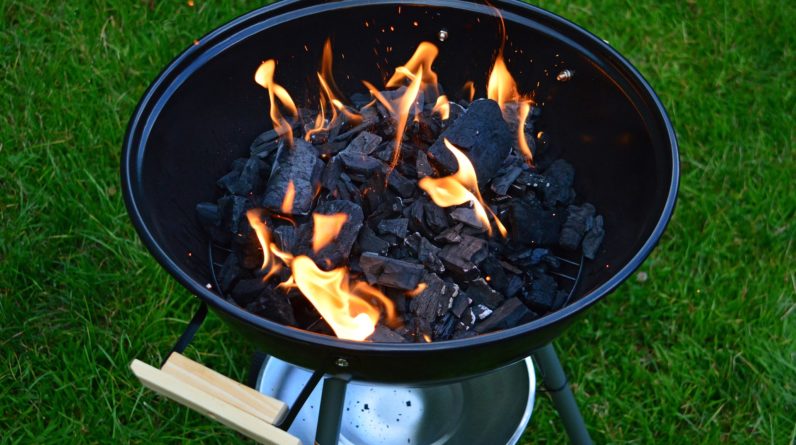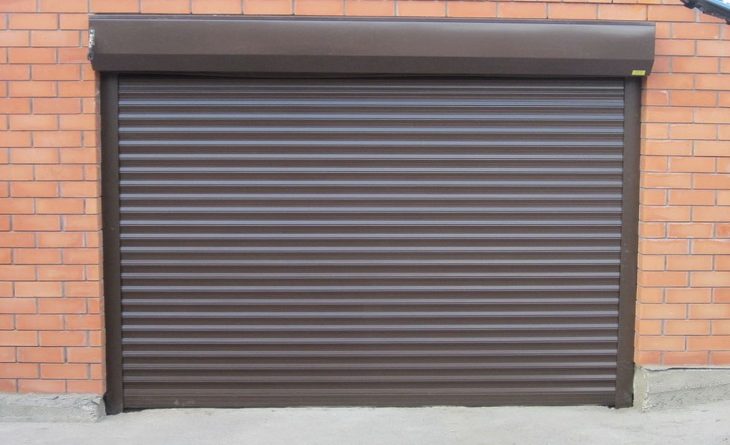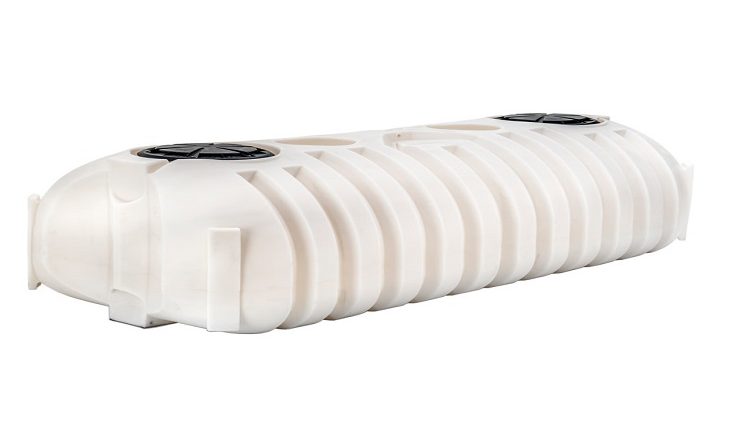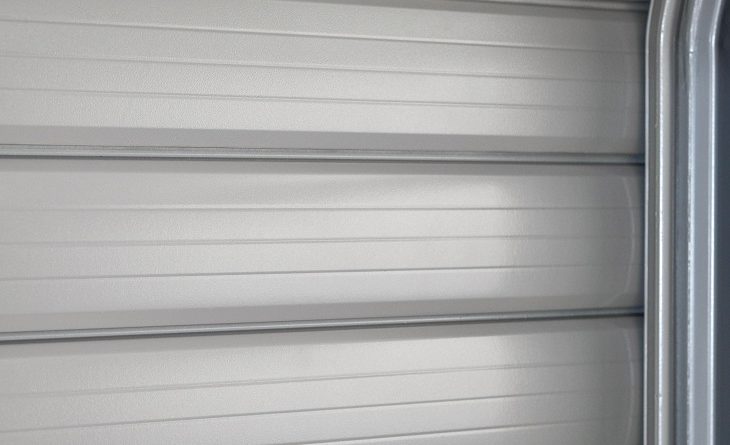
Flushing is the go-to choice for getting rid of bathroom waste. It’s easy and convenient, and literally takes a flick of the wrist. Some toilets have automatic flushing to make it even easier. But just because something can flush doesn’t mean it should be. Flushed items can lead to blockages or worse, ‘fatberg’.
Fatberg is a pop culture term for big blobs of grease that often end up lodged in public sewer systems. They are created when non-biodegradable items congeal into a ball of nastiness, and usually, contain everything from cooking grease to toilet paper rolls and dead pets.
Fatberg can be avoided by keeping a waste paper bin in your bathroom and frequently emptying it. Unfortunately, there are tons of everyday items that we think are okay to flush. Their packaging says it’s okay, but fatberg tells a different story. Below are a few of them.
Dental Products
Bits of dental floss often get tossed into the toilet after use. It doesn’t seem particularly harmful, but remember that dental floss has a lot of tensile strength. It can cut through the cake, stitch up stuffed meat and much more. In the sewers, it won’t decompose, and it can tangle up other waste products and cause a blockage.
Fatty Foods
Greasy products can easily block a kitchen drain, so many people think it’s safer to dump it down the toilet. However, it will affect your toilet the same way, solidifying to cause blockages. Even if it makes it past the S-curve, it can coat sewer pipes, preventing bathroom waste from passing through. Grease is the biggest component of fatberg.
Wet Wipes
Disposable wipes look and feel a lot like toilet paper, so it seems logical to flush them away. Think about it though. The reason you use wet wipes instead of tissue is that it’s stronger. It holds the lotion or disinfectant without breaking apart or ripping. Its fibres are tougher than tissue, so it’s unlikely to biodegrade inside the sewer system. It can, therefore, block toilets.
Medical Waste
Little things like band-aids and medical wipes may seem harmless because they’re so small. But remember that medical disinfectant wipes are made of the same material as wet wipes, and the liquids they’re immersed in are much stronger. Similarly, band-aids and plasters contain plastic components, and those are sure to clog your toilet. Medicine gets flushed down toilets as well, and the danger here is interacting with sewer germs and pests to cause new strains of the disease, and possibly make pests and germs immune to medicine.
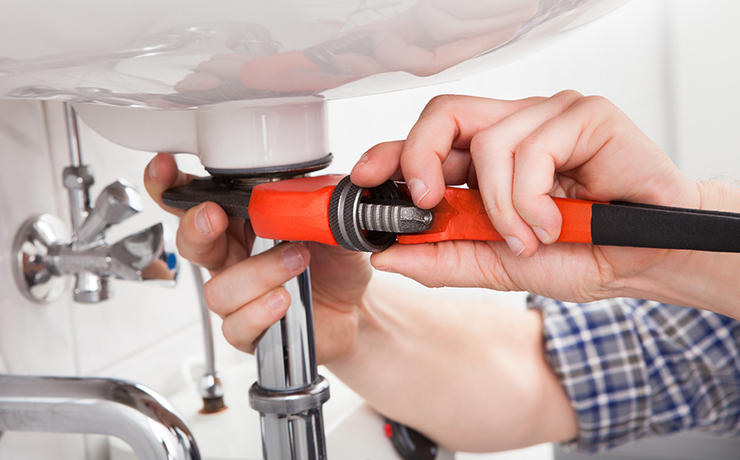
Sanitary Products
While many users are clear that they shouldn’t flush sanitary pads, they’re a bit more ambivalent about cotton wipes, tampons, and cotton wool. Cotton fabric does decompose, but it takes a long time. Cotton wool gets fibrous when wet so it can easily tangle waste to cause a blockage. As for tampons, they are designed for maximum liquid absorption, so they can easily expand to the point of blocking pipes.
Contraceptive Products
There are two main types of prophylactics that end up in toilets. The most common is the condom. The latex won’t decompose, the spermicide might affect sewer germs, and a condom filled with water or air could expand like a balloon, blocking your pipes and toilet. Expired or forgotten contraceptive pills sometimes get flushed. While they won’t block the toilet, they introduce hormones to the water, and this can cause potentially disastrous mutations in sewer micro-organisms.
Clumps of Hair
When you comb your hair or shave, you probably wipe off the comb or blade into the toilet. A few stray hairs fall down the sink when you wash your hair as well. Think about how easily hair clogs your bathroom sink. The toilet drain is larger, but that hair accumulates to block the toilet just as easily as it plugs the sink. It may all end up in the fatberg, so consider wiping your comb or razor into the bin instead.
Cat Litter
Pet waste is probably a big culprit of unwise flushing. It seems logical since it’s technically bathroom waste. Cat owners are often warned about toxic bacteria in their cats’ waste, and some of these can remain in the toilet bowl or seat when you flush. Also, kitty litter is absorbent, so when you dunk it in the loo, it absorbs water and can become dense enough that it blocks the toilet. Throw it in the compost instead, or just trash it in the bin.
Despite all your precautions, your toilet might still end up getting blocked. You can try home remedies, like saturating the toilet with tissue or pouring baking soda and vinegar down the bowl. If none of this works, call in a professional plumber. If possible, ask them what the source of the blockage was, and avoid adding it to the toilet in future.
Related Articles:
Things You Should Never Flush Down Your Toilet
11 Things You Should Never Flush Down The Toilet


